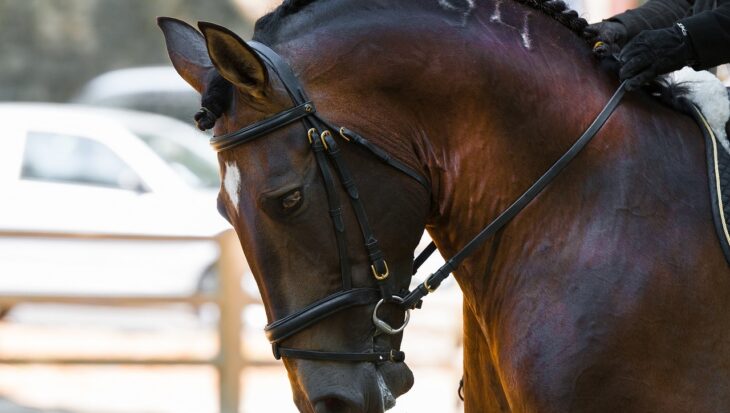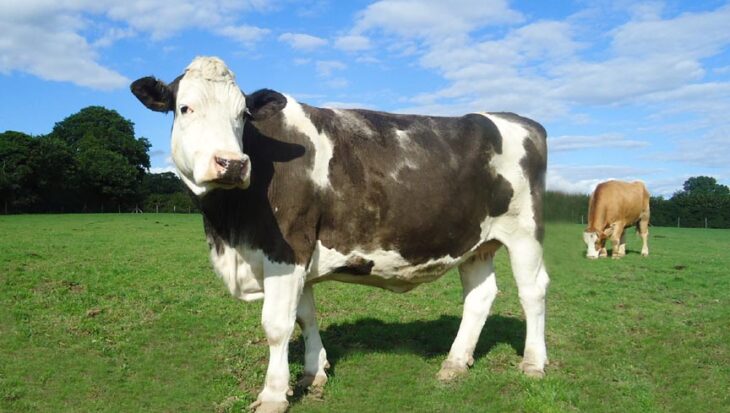The passing of the Hunting Bill in November 2004 represents an historic victory for animal protection. It shows how justice and compassion can eventually succeed, even if it takes a long time for them to do so.
If you sometimes despair over whether barbaric practices like vivisection will ever be outlawed, imagine the situation in the UK eighty odd years ago for those who opposed hunting. The Great War had ended and many survivors longed to re-establish the perceived order and stability of the pre-war years. Hunting formed an important part of traditional life. ‘Country sports’ enjoyed enormous popularity. In the 1920s, the Waterloo Cup – the annual gathering of hare coursers and their supporters – was one of the best attended sporting events in the world. In 1927, 8,000 people were reported to have been at the opening meet of the Quorn Hunt in Leicestershire, at which the Prince of Wales rode to hounds.
This was the world in which the League Against Cruel Sports was formed in 1924 (or the League for the Prohibition of Cruel Sports as it was called until 1943). Although there was significant support for the Society’s views – it boasted 2,000 members by 1930 – it had little prospect of legislative progress. It did, however, cause sufficient concern amongst pro-hunt interests for them to form their own organisation to defend their ‘sport’. The British Field Sports Society continued from 1930 into the 1990s, when, in a society that had grown increasingly hostile to its agenda, it became the Countryside Alliance – a cynical attempt to present its single-issue obsession as a concern for wider rural interests.
First hopes of success
By the end of the Second World War, attitudes to hunting had altered dramatically. Rather than the longing for an idealised past that followed the 1914-18 conflict, the prevailing mood was for change to a more democratic society. A radical Labour Party government was elected, committed to fighting poverty and privilege. For many MPs, the abolition of hunting was an important part of their opposition to a world based on class. Two backbenchers introduced Private Member’s Bills, drawing widespread support from parliamentarians and furious protest from hunting interests. The main defences offered for bloodsports were strikingly similar to the pathetic arguments put forward today. Freedom for the individual to decide whether or not to chase and kill wild animals was demanded. This call was endorsed by The Times newspaper. Incredibly, the RSPCA also supported hunting.
Hopes of a ban were squashed when the government withdrew its backing. It was worried that farmers would carry out a threat to withdraw from the national plan to make Britain more self-sufficient in food production if hunting was outlawed. Instead, it set up a committee to investigate the issue. The eight-person team was heavily biased in favour of the status quo and included the vice-president of the British Field Sports Society. The Scott Henderson Report (named after the Chairman) was eventually published in 1951 and concluded that badger digging ‘need not involve any excessive suffering’ and that accounts of cruelty during hunting were ‘exaggerated’. While it did contain some positive proposals, recommending a ban on the gin trap (abolished in 1958) and snaring of deer (outlawed in 1963), its ignorant and outdated attitudes to wildlife were used disastrously to defend inhumane practices for a further 50 years.
Slow progress
As with many areas of social progress, the 1950s saw little advance and the 1960s the beginning of change. The formation of the Hunt Saboteurs (1963) and the new strategy of the League Against Cruel Sports to purchase land in key positions to foil the hunt (begun in 1959) brought fresh impetus to the campaign. But undoubtedly the most important switch of policy by an animal welfare organisation came in 1976, when, after a bitter internal battle, the RSPCA at last announced its opposition to fox hunting.
As animal welfare became a more popular concern, political progress also began to be made. The first in a series of Badgers Acts led to an eventual ban on digging out and baiting, and otter hunting was made illegal in 1978. Hare coursing was almost outlawed as well, when the House of Commons passed a Labour Government Bill in 1975. As with the current Hunting Bill, however, the House of Lords rejected the proposal, one peer declaring that a ban would make the law ‘a gibbering lunatic’. Unlike the current Bill, the Upper House had its way when the government dropped its proposal.
Throughout the Thatcher years the campaign against hunting gathered strength, particularly after several high profile undercover investigations in which campaigners infiltrated hunts and demonstrated the barbarity of the practice. Mike Huskisson’s courageous exposure of the Quorn hunt – of which the Prince of Wales was a member – proved particularly influential. Video of a fox cub being dug out and thrown to the hounds to be torn apart was shown on national television news, causing public outrage.
An inspirational ban
In 1995, a Private Member’s Bill to abolish hunting with dogs passed through the House of Commons for the first time, supported by 30 Conservative MPs. Even though it took a further decade for the Hunting Bill to gain Royal Assent, this was effectively the beginning of the end. Backbench MPs voted several times and by a massive majority on each occasion to enforce a ban and were determined to resist opposition, whether it came from the Lords, vested interests or government.
And so, at the end of 2004, the dedicated campaigning of thousands over more than a century was rewarded with the passing of legislation. Even though the considerable influence of hunt supporters means that victory cannot be guaranteed until all potential legal loopholes have been exhausted, the law now stigmatises as criminals those who chase animals and then kill them for fun.
It may have been (and may continue to be) a long, hard struggle, but the passing of the Hunting Bill should be an inspiration to all who continue to fight other forms of cruelty. Every ounce of effort is worth it in the end – even though you might not be around to witness every victory!
Much of the information for this article was taken from Animal Century – a celebration of changing attitudes to animals by Mark Gold, available from the Animal Aid online shop at a special discount price of £10.50.

